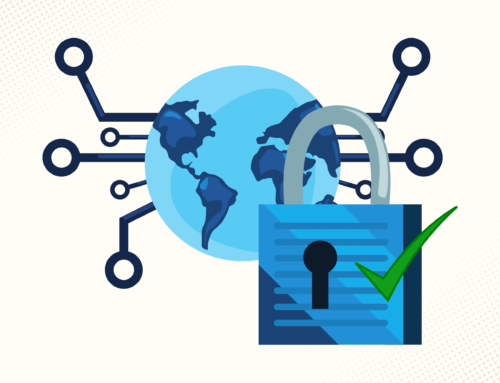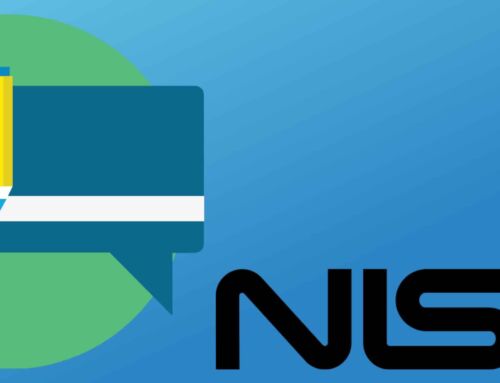The National Institute of Standards and Technology (NIST) is critical in shaping the standards that dictate secure and reliable practices across various sectors, including healthcare.
Consider the financial burdens associated with preventable infiltrations. The cost of cybercrime in 2023, reported by the Federal Bureau of Investigation (FBI) Internet Crime Complaint Center, jumped 22%, totaling more than $12.5 billion. Healthcare data breaches are among the most expensive, with an average cost of $4.45 per breach, but the costs spiraled to $10.93 million in 2023.
The recent updates to NIST guidelines are specifically designed to enhance the security frameworks and compliance measures within healthcare organizations to avoid putting your patients’ protected health information (PHI) and your organization’s finances and reputation at significant risk. Understanding these changes is crucial for healthcare providers and the software companies that support them.
Understanding NIST Compliance
NIST compliance in healthcare involves adhering to the standards and practices recommended by the National Institute of Standards and Technology. These standards intend to protect and secure information systems and data in industries where security is critical. In the healthcare sector, NIST compliance helps safeguard patient data, ensuring privacy and security in a space prone to cyber threats, intrusions, and data breaches.
The Impact of Updated NIST Guidance on Healthcare Compliance Software
The updated NIST guidance brings significant changes that healthcare compliance software providers must understand and integrate to deliver easy adoption and utilization to healthcare compliance leadership.
These modifications provide a more robust framework to combat endlessly evolving cyber threats while aligning with global compliance standards like HIPAA. The enhancements include more stringent access controls, improved encryption practices, and advanced threat detection mechanisms, collectively contributing to a more secure healthcare environment.
For developers of NIST-compliant healthcare software, the updated guidelines mean revisiting the drawing board to integrate these new standards into their solutions. Software updates may include advanced encryption algorithms, better user authentication processes, and enhanced audit trails that offer clearer visibility into access and usage of sensitive data.
3 Benefits of Leveraging Updated NIST Guidance
Embracing the updated NIST guidance substantially benefits healthcare providers and their patients.
Here are three key benefits, highlighting the importance of adapting to the latest NIST updates.
1. Enhanced Security Measures
Adhering to the updated NIST-compliant standards can benefit healthcare providers by strengthening security protocols that protect patient data against unauthorized access and cyber threats.
2. Improved Compliance Posture
Compliance with the updated NIST guidance ensures that healthcare providers meet federal and state regulations, thereby avoiding potential legal penalties and fines.
3. Increased Patient Trust
Implementing robust security measures in compliance with NIST standards enhances trust among patients, who are increasingly concerned about the privacy and security of their health information.






